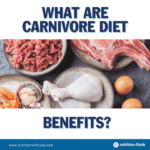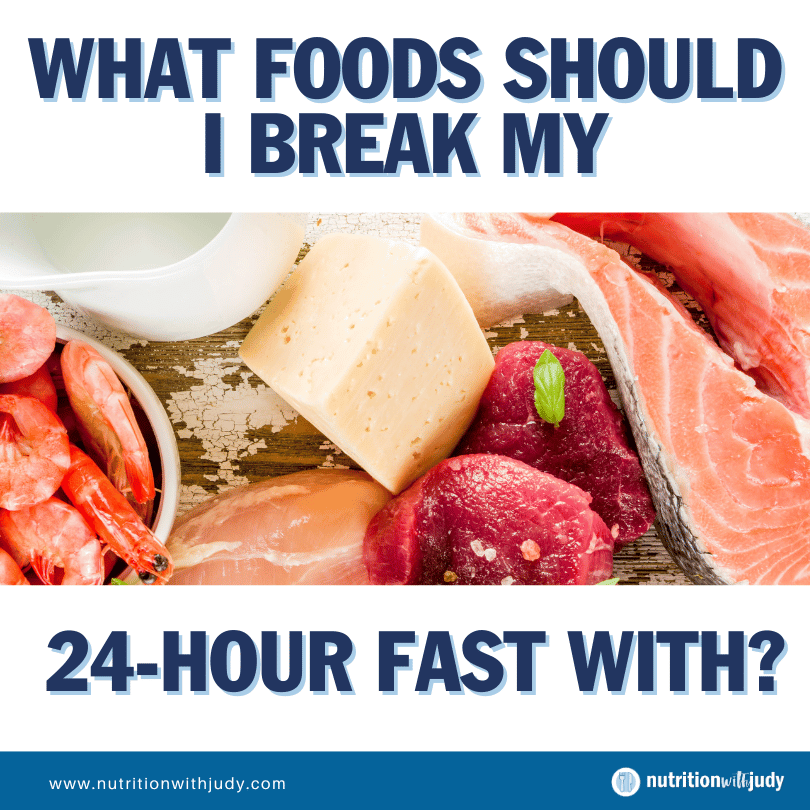

What Foods Should I Break My 24-Hour Fast With?


Fasting has emerged as an effective tool for enhancing overall health and complementing dietary strategies, particularly the carnivore diet. This powerful dietary modality, characterized by its emphasis on consuming primarily animal products, aligns seamlessly with fasting protocols to optimize health benefits. When practiced together, fasting and the carnivore diet synergize to support metabolic flexibility, encourage fat adaptation, and amplify the body’s natural healing processes.
Fasting, especially when extended to 24 hours, can reset the digestive system, promote autophagy—the body’s mechanism of cleaning out damaged cells to make way for new, healthy ones—and support hormonal balance. As we guide our clients through the intricacies of breaking a 24-hour fast, our focus is on recommending foods that are not only in harmony with the carnivore diet but also ensure a gentle re-introduction to eating, prioritizing easily digestible, nutrient-dense animal products to maintain the metabolic and health gains achieved through fasting.
This strategic approach underscores our commitment to leveraging the combined power of fasting and carnivore dietary practices to foster optimal wellness. So, you may be wondering, “What foods should I break my 24-hour fast with?” Let’s take a closer look at the best ways to break an extended fast.
What Is a 24-Hour Fast?
A 24-hour fast is a type of intermittent fasting that involves abstaining from all caloric intake for a full day. It starts from the end of one meal to the same time the next day, totaling 24 hours of fasting. During this period, individuals refrain from consuming food but are encouraged to stay hydrated by drinking water, herbal teas, or black coffee.
This fasting method is lauded for its simplicity and flexibility, making it an accessible option for many seeking health benefits without the need for complicated dietary restrictions or schedules. The 24-hour fast aims to trigger autophagy, improve metabolic health, enhance cognitive function, and support weight management.
By giving the digestive system a break, it allows the body to focus on cellular repair and detoxification processes. This fasting approach fits well into various lifestyles and can be adapted as a regular practice for those looking to incorporate fasting into their wellness routine.
What Are the Benefits of a 24-Hour Fast?
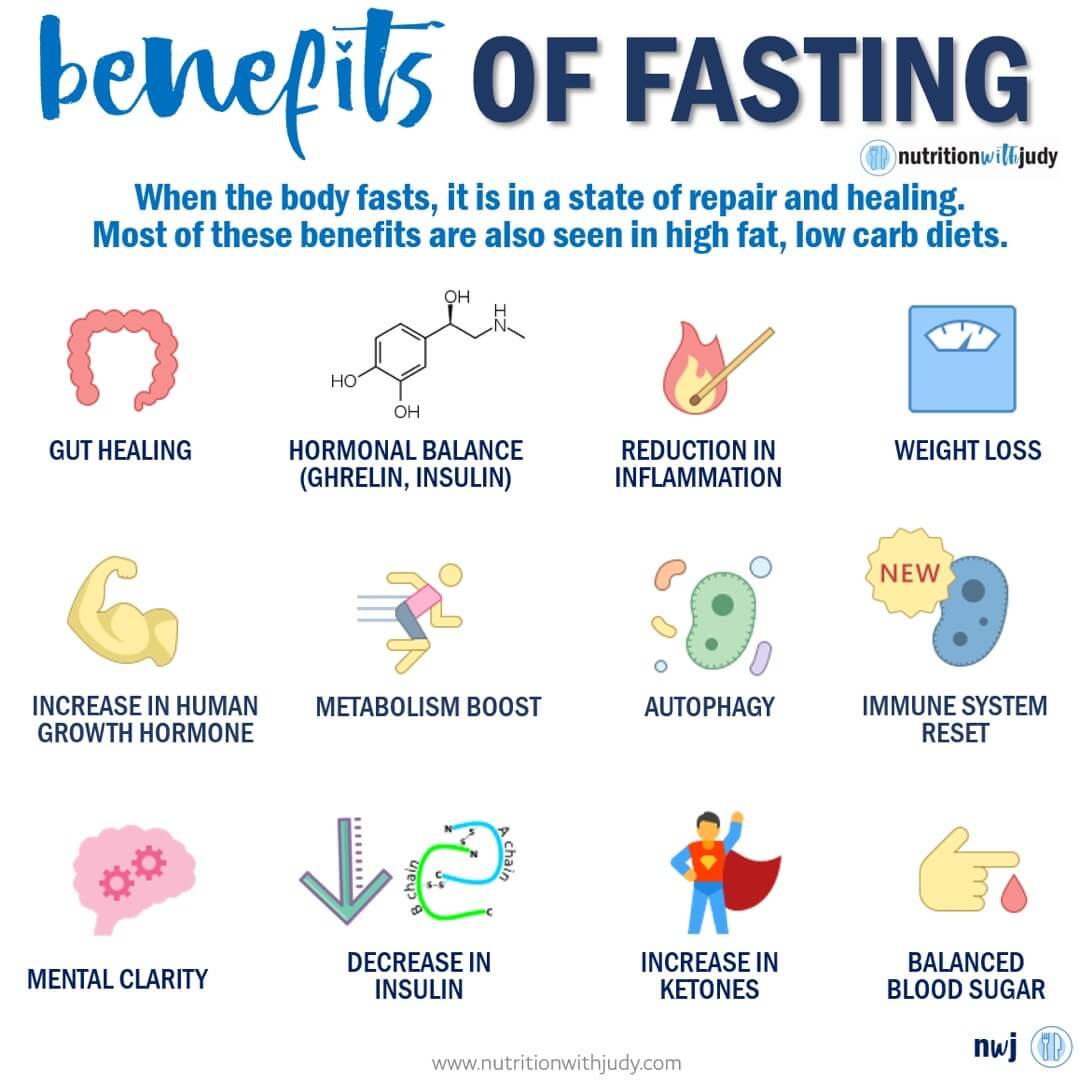

A 24-hour fast, extending from one meal to the same meal the next day, offers a myriad of health benefits, underpinning its popularity in wellness communities. This fasting method not only simplifies caloric restriction but also enhances bodily functions through several key mechanisms:
- Weight Management: By restricting the eating window, a 24-hour fast naturally reduces calorie intake, promoting weight loss. It shifts the body’s energy sourcing from glucose to stored fats, encouraging fat burning and improving body composition.
- Improved Insulin Sensitivity: Fasting helps regulate blood sugar levels, reducing the risk of insulin resistance. This is crucial for preventing diabetes and managing existing metabolic health issues.
- Enhanced Brain Health: Fasting increases levels of brain-derived neurotrophic factor (BDNF), supporting neurogenesis and cognitive function. It can improve mental clarity and protect against neurodegenerative diseases.
- Increased Autophagy: This process, where cells self-cleanse by removing damaged components, is vital for cellular health and longevity. A 24-hour fast triggers autophagy, promoting cellular repair and reducing inflammation.
- Heart Health: Fasting contributes to better heart health by improving blood pressure, cholesterol levels, and triglycerides, thereby reducing the risk of heart disease.
- Improved Digestive Health: Taking a break from food allows the digestive system to rest, potentially reducing inflammation and improving gut health.
- Longevity and Disease Prevention: The combined effects of weight management, improved metabolic health, and cellular repair contribute to a reduced risk of chronic diseases and potentially extend lifespan.
Incorporating 24-hour fasts into a wellness routine can provide a holistic approach to health, addressing both physical and cognitive aspects. Its adaptability makes it a sustainable practice for long-term health optimization.
Who Should Try a 24-Hour Fast?
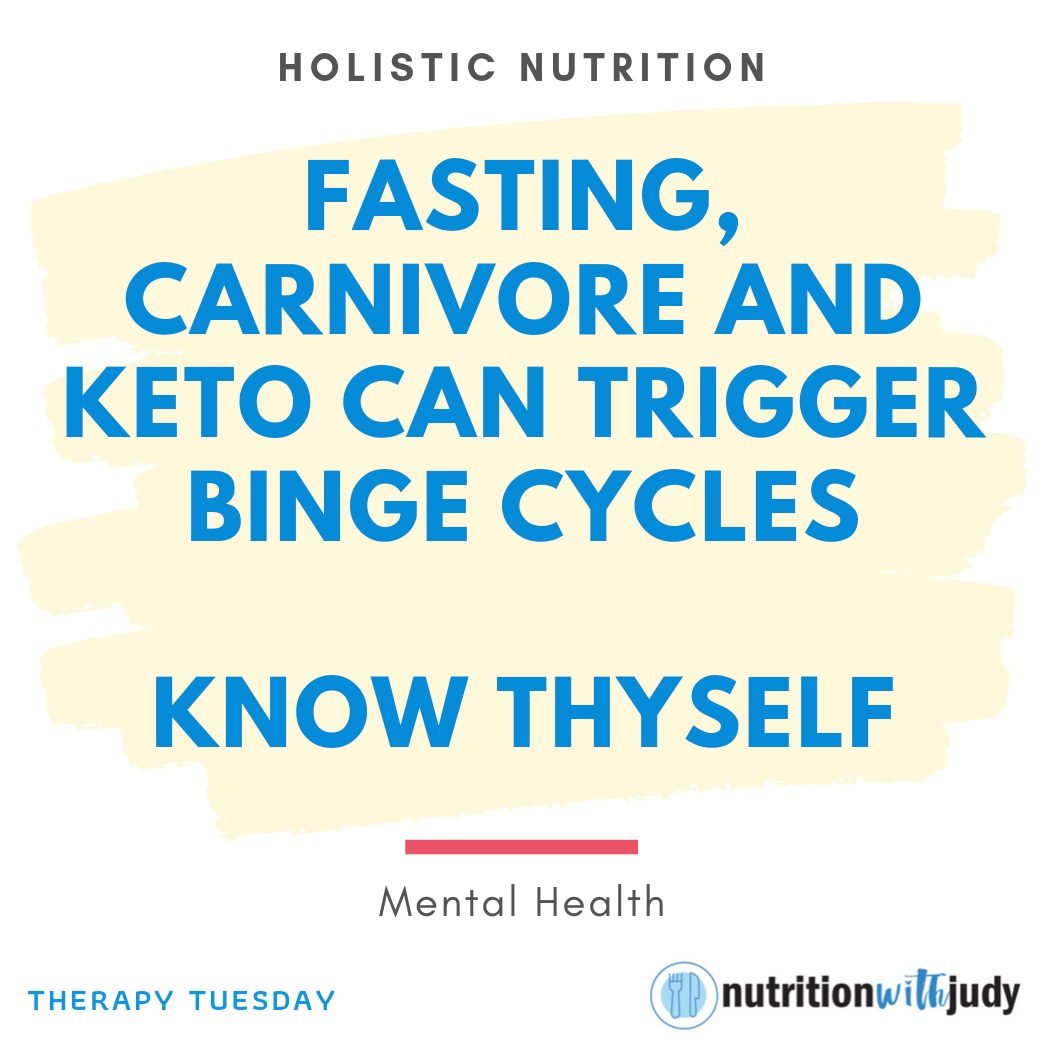

A 24-hour fast, characterized by abstaining from caloric intake for a full day, offers significant health benefits, including improved metabolic health, weight management, and cognitive function. However, it’s not suitable for everyone, and understanding who should and shouldn’t try this fasting method is crucial for maintaining overall health and well-being.
Who Should Try a 24-Hour Fast:
- Healthy Adults: Individuals without underlying health conditions can benefit from the metabolic shift and health improvements brought on by a 24-hour fast.
- Those Seeking Weight Management: For people aiming to lose weight or improve body composition, this fasting method can help regulate calorie intake and boost fat burning.
- Individuals with Busy Lifestyles: The simplicity of a 24-hour fast makes it appealing for those seeking a flexible and straightforward approach to health improvement without daily dietary restrictions.
Who Shouldn’t Try a 24-Hour Fast:
- Individuals with Medical Conditions: People with chronic illness or metabolic issues should consult with their trusted healthcare professional before attempting a 24-hour fast due to potential risks associated with blood sugar and electrolyte imbalances.
- Pregnant or Breastfeeding Women: Nutritional needs are heightened during pregnancy and breastfeeding, making fasting potentially harmful to both mother and child.
- Those with a History of Eating Disorders: Fasting can trigger unhealthy eating behaviors in individuals with a history of eating disorders, and therefore, should be avoided.
- Children and Teenagers: Young individuals need a consistent intake of nutrients for growth and development, making fasting inappropriate for this age group.
Ultimately, while a 24-hour fast can offer significant health benefits for many, it’s essential to consider individual health conditions and dietary needs before embarking on such a practice.
How 24-Hour Fasts and the Carnivore Diet Work Together
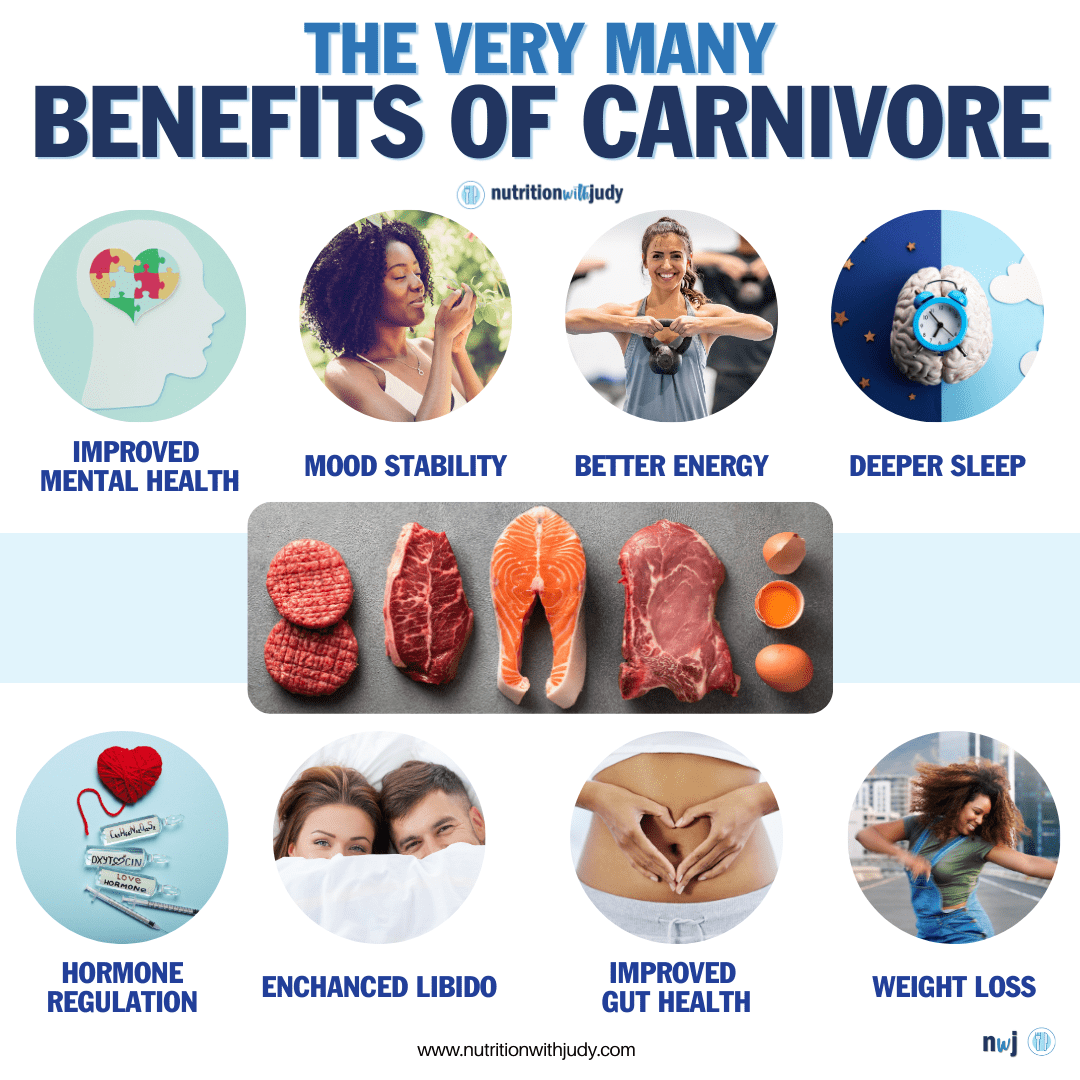

A 24-hour fast and the carnivore diet, when combined, create a powerful synergy for health optimization, leveraging the unique benefits of each approach to amplify overall wellness. The carnivore diet, focused on consuming animal products exclusively, is rich in high-quality proteins, fats, and essential nutrients, providing a solid nutritional foundation that supports the body’s needs. Fasting for 24 hours within this dietary framework enhances the body’s ability to enter a state of ketosis more efficiently, where it burns fat for fuel instead of carbohydrates, leading to improved weight management and metabolic health.
The simplicity of the carnivore diet, with its elimination of carbohydrates and processed foods, complements the discipline of fasting by reducing cravings and simplifying meal planning. This combination can lead to a significant reduction in inflammation, as both fasting and a diet high in animal fats and proteins are known to modulate inflammatory processes within the body. Additionally, the focus on nutrient-dense foods in the carnivore diet ensures that once the fast is broken, the body is replenished with all essential nutrients, aiding in rapid recovery and ensuring that the benefits of autophagy achieved during the fast are maximized.
Together, 24-hour fasts and the carnivore diet offer a holistic approach to health, addressing weight management, metabolic flexibility, and inflammation, making it a compelling strategy for those seeking to optimize their wellness.
How to Do a 24-Hour Fast


Starting a 24-hour fast involves going without caloric intake for a full day, a practice that can significantly boost health if done correctly. To begin, choose a fasting period that starts after a meal and ends at the same meal time the next day. For instance, if you finish dinner at 7 PM, your next meal would be dinner the following day at 7 PM. It’s important to prepare your body and mind for fasting:
- Hydration: Drink plenty of water throughout the fast. Herbal teas and black coffee are also allowed and can help suppress hunger without breaking the fast.
- Electrolyte Balance: Maintaining electrolyte balance is crucial, especially for longer fasts. Consider adding a pinch of salt to your water or incorporating potassium and topical magnesium if you’re experiencing headaches or lethargy.
- Break the Fast Gently: When ending your fast, opt for a small, nutrient-dense meal that’s easy on the digestive system. Foods high in protein and healthy fats are ideal, especially if following the carnivore diet, to continue the benefits of the fast.
- Listen to Your Body: Pay attention to how your body responds. If you feel dizzy, excessively tired, or unwell, it may be necessary to break the fast early and try a shorter duration next time.
- Consistency and Patience: For those new to fasting, it may take a few attempts to comfortably complete a 24-hour fast. Start with shorter fasting periods and gradually increase to 24 hours as your body adapts.
This fasting method, when approached with mindfulness and preparation, can lead to profound health benefits, including improved metabolic health and increased mental clarity.
How to Break My 24-Hour Fast
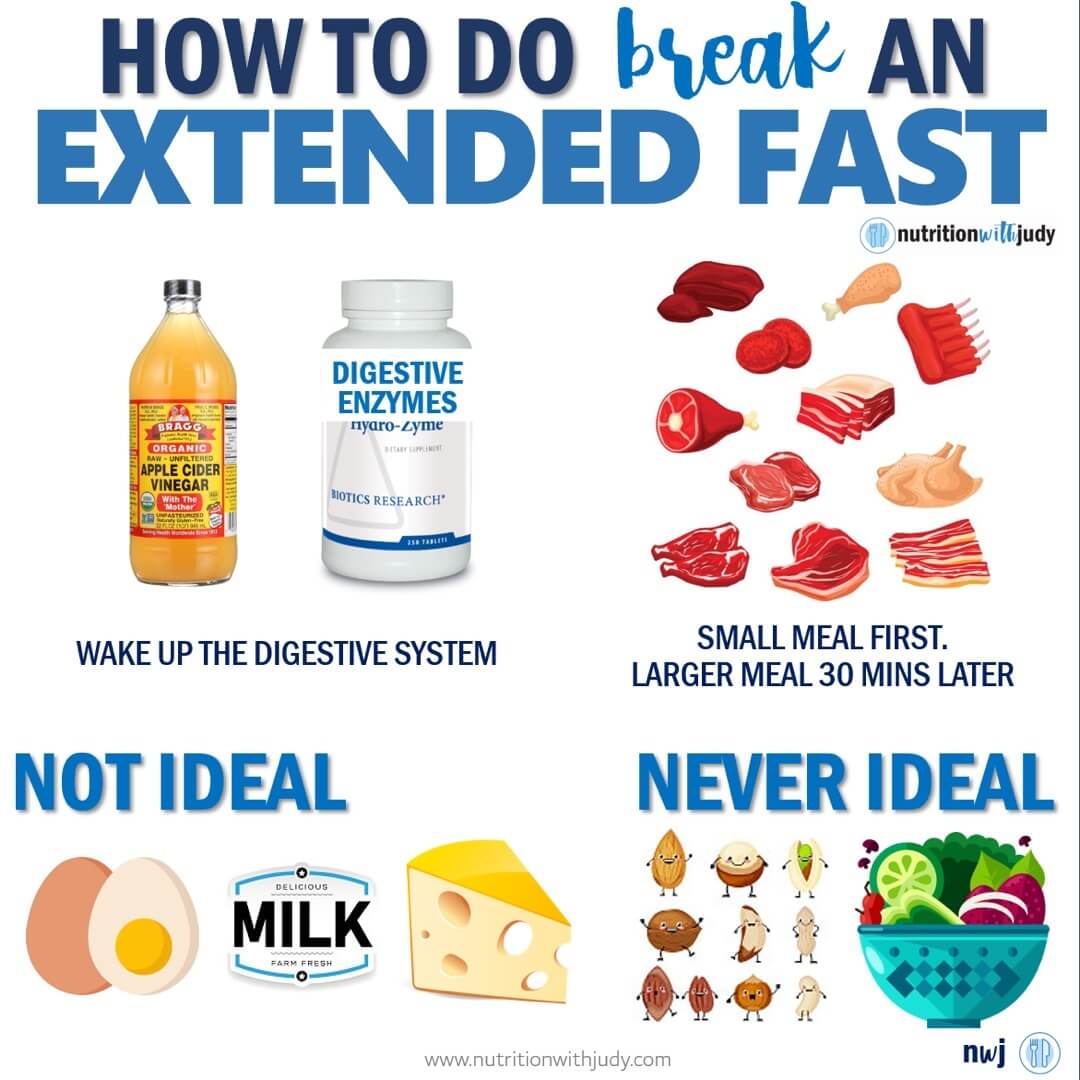

Breaking a 24-hour fast on a carnivore diet requires a careful selection of foods to ensure the transition back to eating is gentle and beneficial. The carnivore diet offers a range of nutrient-dense options that are ideal for breaking a fast. Key considerations include starting with foods that are easily digestible, high in nutrients, and supportive of the body’s transition from fasting to feeding.
Ideal foods to break a 24-hour fast include:
- Meats: Begin with a small meal of meat first before adding a larger meal 30 minutes later. If tolerated, apple cider vinegar and hydrochloric acid (HCl) are also great options for waking up the digestive system prior to your first meal.
- Bone Broth: Rich in minerals and amino acids, bone broth is hydrating and can help replenish electrolytes lost during fasting. Its collagen content supports gut health and eases digestion.
- Fish: Offering high-quality protein and omega-3 fatty acids, fish such as salmon or trout can be beneficial for breaking a fast. These nutrients support inflammation reduction and cognitive health.
Foods to limit or avoid when breaking a 24-hour fast:
- Eggs and Dairy: Are not as ideal for breaking a fast. Opt for the above options instead if available.
- Plant Foods: Grains, nuts, and other plant-based foods are never ideal for breaking a fast.
It’s important to reintroduce foods slowly, starting with smaller portions and gradually increasing intake. This approach minimizes the risk of digestive discomfort and helps maintain the metabolic benefits achieved through fasting. After breaking the fast with one of these options, observe how your body responds before introducing more substantial meals. Staying hydrated and listening to your body’s signals are crucial during this process to ensure a smooth transition back to regular eating patterns.
Closing Thoughts On How to Break a 24-Hour Fast
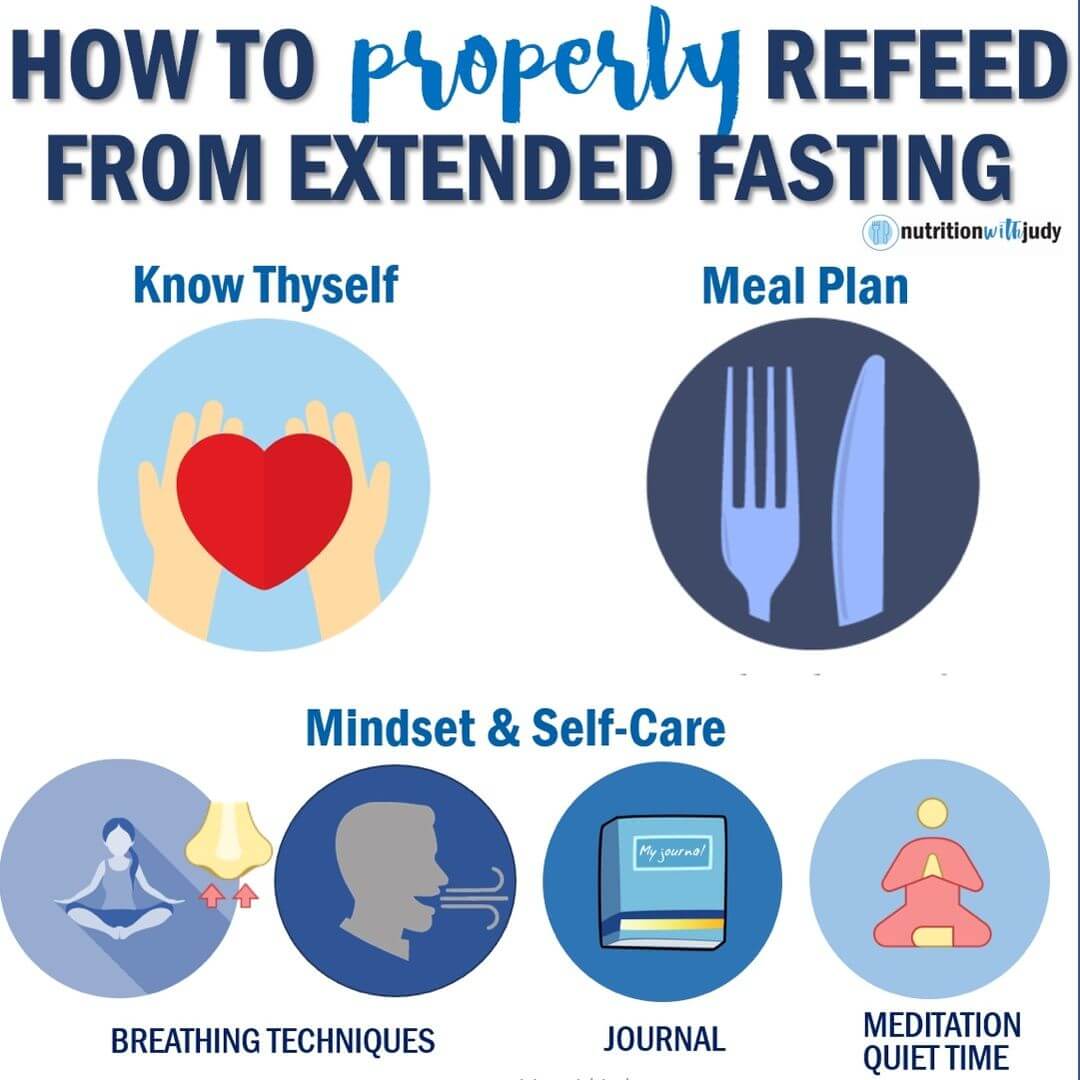

Throughout our exploration of 24-hour fasts and the carnivore diet, we’ve uncovered the significant health benefits and synergies between fasting and this animal-product-focused dietary approach. The 24-hour fast, a method of abstaining from all caloric intake for a full day, is renowned for enhancing metabolic health, supporting weight management, and triggering cellular repair mechanisms such as autophagy. It’s a practice suited to healthy adults seeking health optimization, though not recommended for pregnant women, those with certain medical conditions, or individuals with a history of eating disorders.
The carnivore diet pairs well with fasting by providing high-quality nutrients that support the body’s transition out of the fasted state. Ideal foods for breaking a fast include lean meats, eggs, bone broth, and fish, all chosen for their digestibility and nutrient density.
Together, 24-hour fasts and the carnivore diet offer a holistic approach to wellness, emphasizing the importance of dietary simplicity and nutrient density. This combination has been shown to reduce inflammation, improve metabolic health, and promote overall well-being. By carefully integrating fasting with a carnivore diet, individuals can maximize the health benefits of both practices, achieving improved health outcomes and optimal wellness.
Work With Our Trusted Carnivore Diet Functional Nutritional Therapy Practitioners
The Nutrition with Judy practice is honored to be a trusted carnivore diet practitioner support serving clients from around the globe. We’re passionate about helping our clients achieve root-cause healing in order to lead the best quality of life possible that’s nearly symptom-free. Our team is dedicated to educating our community about the incredible benefits of the carnivore diet. We welcome you to explore our free resources and are always available to support you through personalized protocols. Our Symptom Burden Assessment (SBA) is the perfect starting point for discovering your root cause and is required to work with our team— you can learn more in-depth about this powerful tool here.
Start your root-cause healing journey today and contact us any time with any questions or concerns.
DISCLAIMER: This content is for educational purposes only. While we are board-certified in holistic nutrition and are nutritional therapy practitioners, we are not providing medical advice. Whenever you start a new diet or protocol, always consult with your trusted practitioner first.





